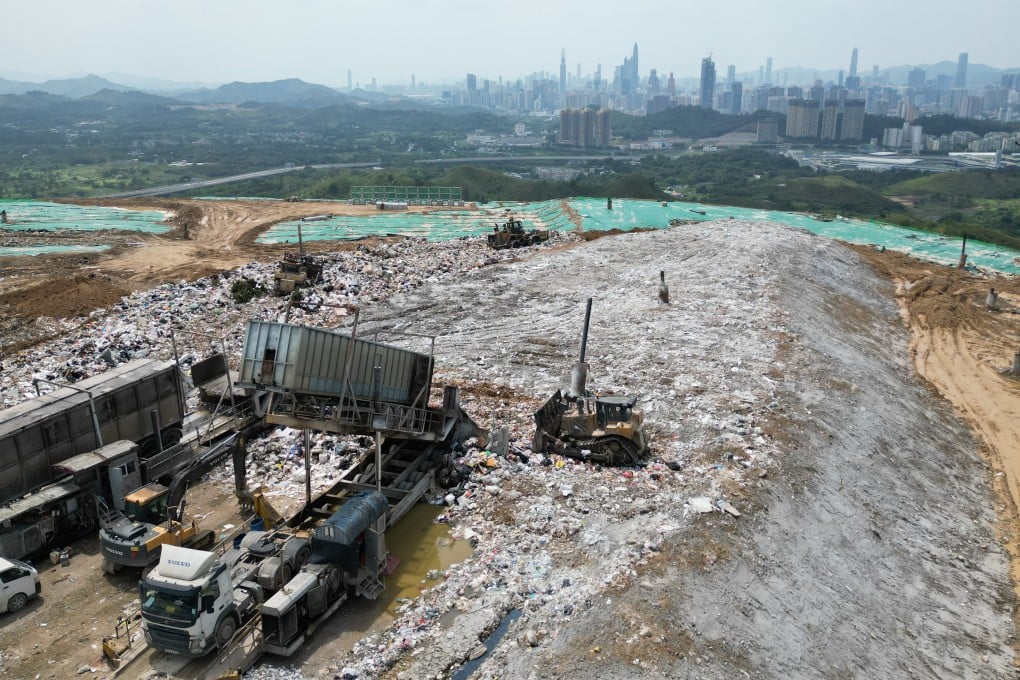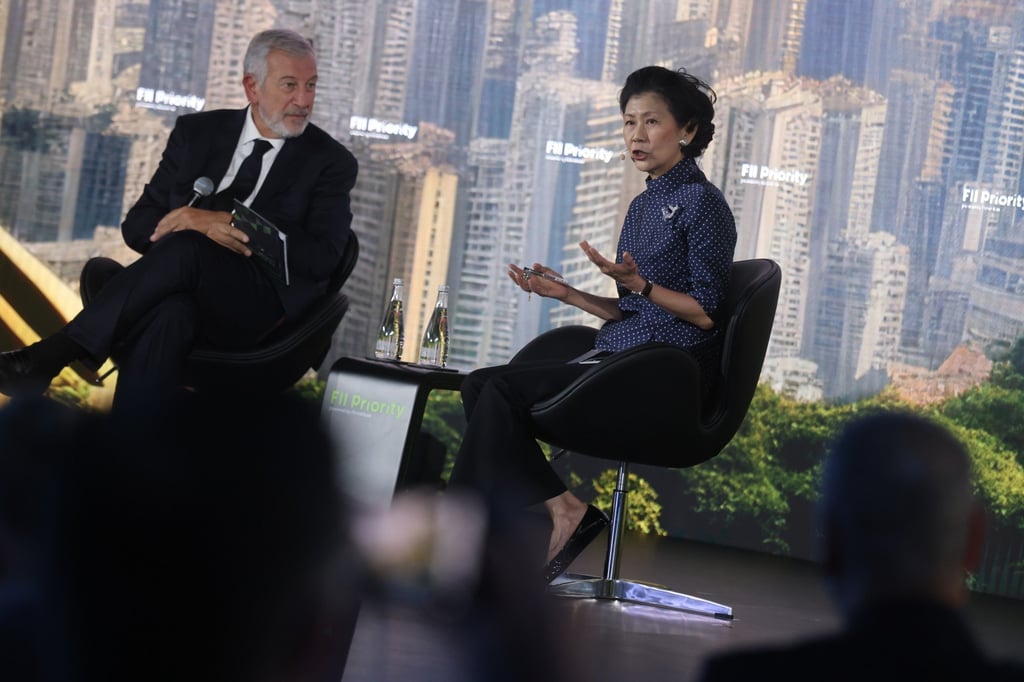FII conference: Investment firm backed by Hong Kong tycoon Li Ka-shing seeks transformative technologies
- Innovations in synthetic biology and alternative materials can improve the lives and livelihoods of many people, says co-founder Solina Chau
- Horizons’ investments include EVs, weight-loss drugs and a paper-based substitute for plastic packaging materials

However, she stressed the importance of pursuing technological developments, especially those that can be applied in mass production to seamlessly provide functional improvements in existing applications.
Even small changes in materials can make a significant difference, she said. As an example, she mentioned her company’s portfolio investment in an Australian start-up that makes an eco-friendly paper from plant waste.

The company, Varden, claims its Paperseal can transform the design of consumer packaging because it can replace single-use plastics, which are rarely recycled, with fully compostable materials in products like throwaway coffee pods and pharmaceutical blister packs.
Chau said that a considerable percentage of aluminium coffee capsules end up in landfills, causing harm to the environment, despite some of them being recyclable.
